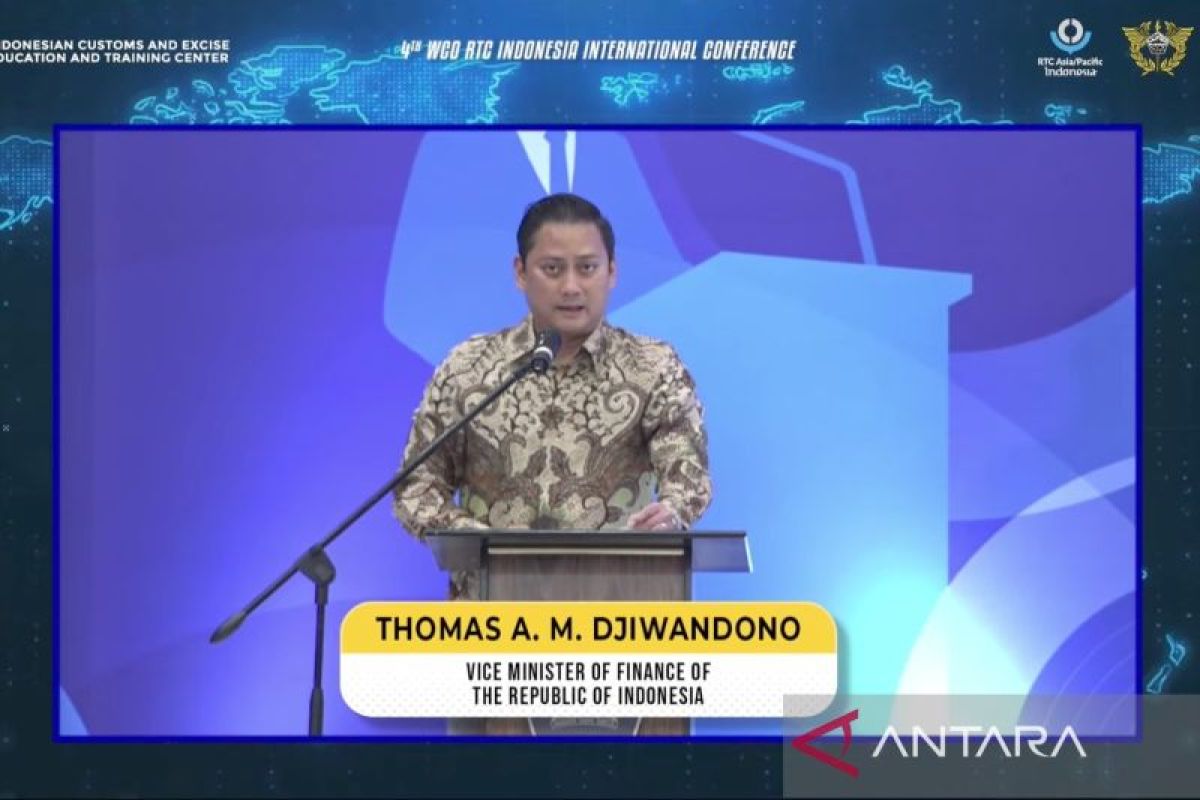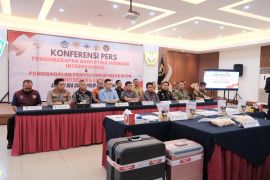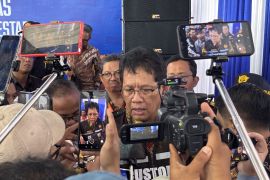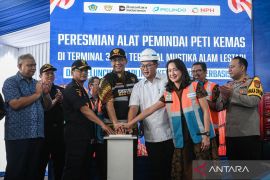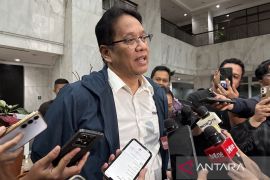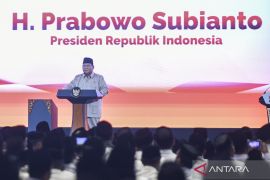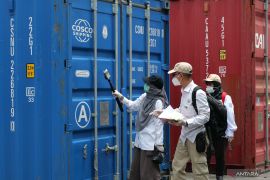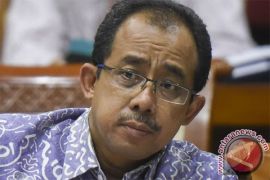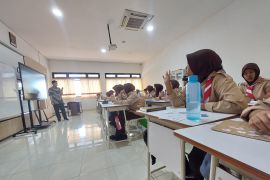“The use of technology in customs is expected to minimize time and costs. New technologies, such as big data, data analysis, blockchain, artificial intelligence, and biometrics, can replace old business processes,” Djiwandono remarked here on Tuesday (8/10).
At the 4th World Customs Organization Regional Training Center (WCO RTC) Indonesia International Conference 2024, the deputy minister stated that rapid advancements in technology nowadays encouraged various customs authorities worldwide to harness its full potential.
Nonetheless, he stated that numerous challenges were encountered in utilizing digital technology, such as the emergence of techno-nationalism, which might cause differences in ecosystems and inequality in technological standards.
“Another issue that needs to be considered is the rise of techno-nationalism. Countries recognizing the strategic importance of technological sectors are vying for supremacy, leading to the divergence of technological ecosystems and standards,” he remarked.
Related news: BRIN designing patrol boat for Directorate General of Customs
Hence, Thomas invited all parties to bolster cross-border cooperation among customs authorities around the world to respond to technological developments and solve challenges.
He underscored the importance of collaboration between institutions to increase mutual understanding to ensure that the customs and excise regulation process ran effectively and could contribute to increasing the people’s welfare.
“We need to bolster collaboration, including for regulatory transparency and availability of human resources and infrastructure. In addition, cross-border collaboration can address law enforcement evasion by transnational criminal organizations,” he stated.
He also expressed hope that the roles of the WCO could be strengthened in facilitating trade, protecting the community, encouraging fair state revenue collection, as well as creating more adaptive and resilient customs institutions.
“I ask all participants to continue this spirit of partnership and to establish collaboration between customs authorities and academic institutions to develop research-based policies for our respective institutions," he stated.
Related news: Prevent illegal goods circulation, Customs staff urged
Reporter: Uyu Septiyati Liman
Editor: Yuni Arisandy Sinaga
Copyright © ANTARA 2024
